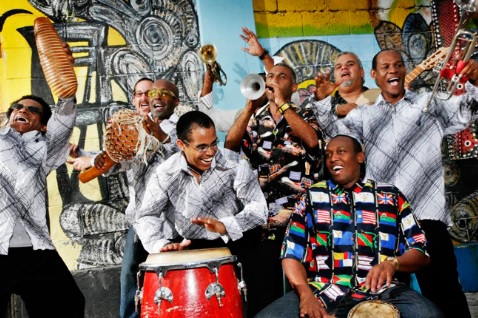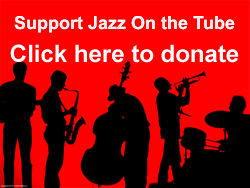
Good news and bad news about the new travel policy for Cuba. (As of November 10, 2017)
I’m going to quote the Washington Post on the changes. As is often the case, you have to read the fine print to know what the real deal is.
Make sure you read the second paragraph carefully.
The most significant change under the new regulations is the elimination of the individual “people-to-people” category of educational travel. As before the Obama opening, most visitors to Cuba will again have to travel in licensed groups.
One remaining exception appears to be the “support for the Cuban people” category, which requires travelers to “engage in a full-time schedule” of unspecified “meaningful interaction with individuals in Cuba” and activities that support civil society.
I don’t like the weasel word “appears” in the phrase “one remaining exception appears to be…”
However, if this is the case, then citizens of the “Land of the Free” can still freely travel to Cuba if they fulfill the following two conditions:
1) They check off “support for the Cuban people” as their reason for traveling
2) They engage in a full-time schedule of “meaningful interaction with individuals in Cuba” and activities that support civil society.
What the heck does that mean?
Your guess is as good any anybody’s. That said, here are some ideas.
First, you can’t go to the beach and loll around all day drinking Cuba Libres. That’s only for Canadians – and the citizens of literally every other country in the world.
You have to do things like attend cultural events, go out for music, spend money in privately owned business like guest houses and restaurants, talk with Cubans about life and art and love, visit museums and learn about Cuban history and culture. In other words, be a respectful student of Cuban life and be a good will ambassador for the United States.
You also must avoid engaging in any transactions with the State Department’s list of evil Cuban companies. Print it out and bring it with you on your trip. You can find the list at State.gov under “List of Restricted Entities and Subentities Associated With Cuba”
It was previously recommended – and I imagine it’s still the case – that you keep a daily diary that documents that you did these kinds of “approved” things while there and retain those records for five years in case a US government agent wants to “zee your papers.”
Is this ideal? No, but it’s more than good enough for us to work with.
Note: Am I a lawyer? No. Am I giving you legal advice? No. I’m a music writer and these are my thoughts. Use them at your own risk.
Should you go to Cuba?
Absolutely.
If you love jazz and all the ingredients that have gone into its making, seeing Cuba is essential.
All your musical life you’ve heard “rumors” and “distant echoes” of Cuba and its music. To experience it full bore with no filter is a life-changing experience.
It sure was for me.
If you can manage it, do it before our beloved government takes away even this thread of a right.
For perspective, back in 1977 Jimmy Carter opened travel to Cuba. Reagan shut it down in 1980 and it stayed shut for 35 years. (Because the US is a free country, don’t you know.)
How to get there? Is it expensive?
It’s easy to get there. Just get on a plane. There are scheduled flights everyday out of places like New York City and Miami.
Is travel in Cuba expensive?
If you go with a packaged tour or use the “normal” travel industry, yes. Cuba is no bargain. Budget at least $400 a day (probably more) plus your airfare.
You could have an exponentially better time – better housing, better food, better entertainment – for about $100 a day.
How do you do that?
You have to go to an informed person.
How do you do that?
Easy.
Go to Cuba the Jazz on the Tube way. Click here for details.
– Ken McCarthy
Jazz on the Tube
P.S. Our unique programming is made possible by help from people like you. Learn how you can contribute to our efforts here: Support Jazz on the Tube
Thanks.





